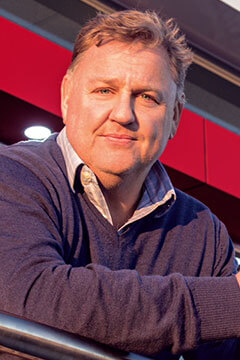
Nick Strauss
POPULAR owner-operator of the Berwick Motor Group, Nick Strauss, believes in positive leadership and taking up the challenges of innovation. He’s also not shy of telling it like it is – and how it could be.
Mr Strauss’ ideals come from a love of the automotive industry but, in fact, were formed from a grounding in an entirely different market segment – fashion.
“My retail background is predominantly clothing and fashion,” he told GoAutoNews Premium after the opening of his new Kia showroom in Berwick.
“My mother’s family owned the iconic department store Forges in Footscray for a hundred-plus years so I worked there before the family sold it in 1987. I then went to study retail management at the world famous Harrod’s of London.
“It taught me the intricacies of running businesses and the art of selling to customers and what made some products more popular than others. It also taught me that to learn, you have to listen.”
From clothing and fashion, Nick stepped into the car industry with a role planning and staging retail sale campaigns and public auctions for Fowles Auction Group. He was the account manager involved in managing the company-leased vehicles in Australia for the Big 4 Australian car companies – Holden, Toyota, Ford and Mitsubishi.
The transition from clothing to cars brought an awareness that pricing in Australia was much higher than other markets.
“The cost of doing business in Australia is almost becoming prohibitive,” he said.
“Take clothing products – I bought a Ralph Lauren polo shirt recently in the US for $US15 and in Australia the identical garment was $A120. This sort of pricing is unfortunately not sustainable.
“Whenever we have visitors from overseas, they have a double take when they see our (clothing) prices.
“If we don’t align ourselves globally, it’s going to be a disaster for many in retailing.”
He has the same observation of the automotive retail industry, believing that too much emphasis is placed on sales numbers and reporting rather than on looking after the customer and ensuring the viability of the businesses.
“When I first joined the industry (in 1997), car dealers were a wonderful group of entrepreneurs who were full of flair, were tenacious and dogged,” he said.
“Now they’re just punch drunk and basically lost the art of being what made this industry so great.”
He believes this has been caused by corporate greed and chasing the elusive market share demanded by manufacturers.
“If you added up all the brands and market aspirations in Australia would be calling more than two-million vehicle sales a year instead of having a 1.2-million car market.
“And through the practice of registering cars that have not even been sold or delivered, the real number would be somewhere between 900,000 and one-million.
“Things have to change and change quickly especially as our government and financial institutions rely heavily on this automotive data each year.”
One solution he has embraced is diversification. Berwick Motor Group has invested heavily in the online world and customer retention.
“We are not spending large amounts of money driving inquiries these days,” he said.
“We need to be far more frugal given the lack of margin selling new and used cars.
“So we are spending time developing relationships with the decision maker and ensuring our overall service levels are above and beyond the market place.
“Fleet sales within the industry have nearly doubled over the past 10 years, and we’re trying to regain that loss in retail sales with a strategic move into the fleet side of the industry. It’s all about moving with the times and adapting to change.”
He said the current car market had made him more diligent about how the business is operated.
“Firstly, it’s about optimising all facets of the business in challenging times with the knowledge and realistic approach that it won’t last forever,” he said.
“Forward planning is a key component in any business and successful businesses plan for every scenario, good and bad.
“Secondly, when times are tough it’s all about being smarter in what we do and how we do it.
“A willingness to change and adapt the business to suit the current economic environment goes a long way in guaranteeing longevity, while those who don’t plan or change their ways seem to come and go very quickly.
“Our industry employs several hundred thousand people across the nation and we all need to work smarter, making sure all our staff can stay gainfully employed well into the future.”
By Neil Dowling
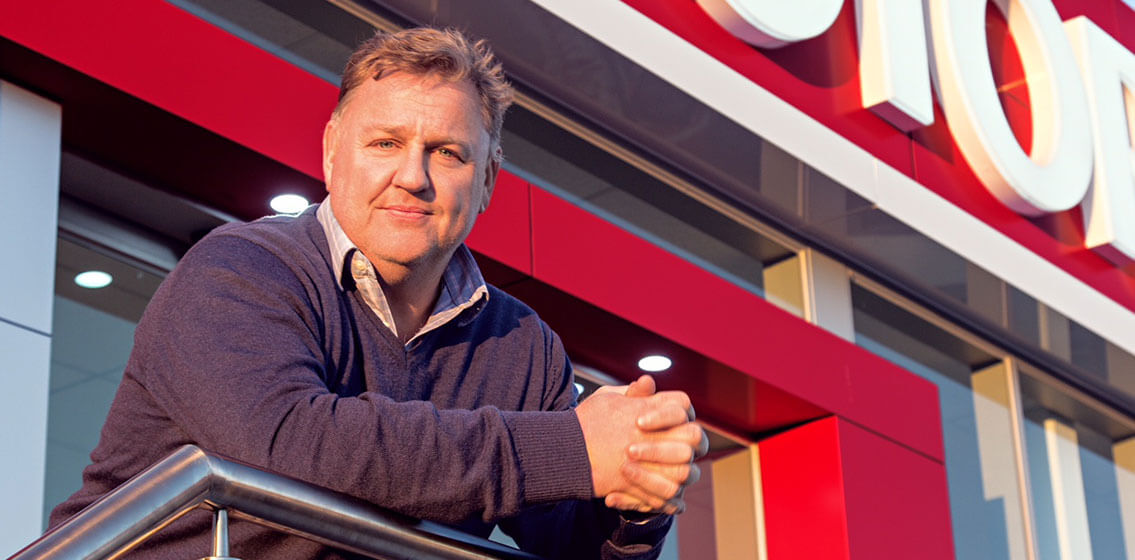


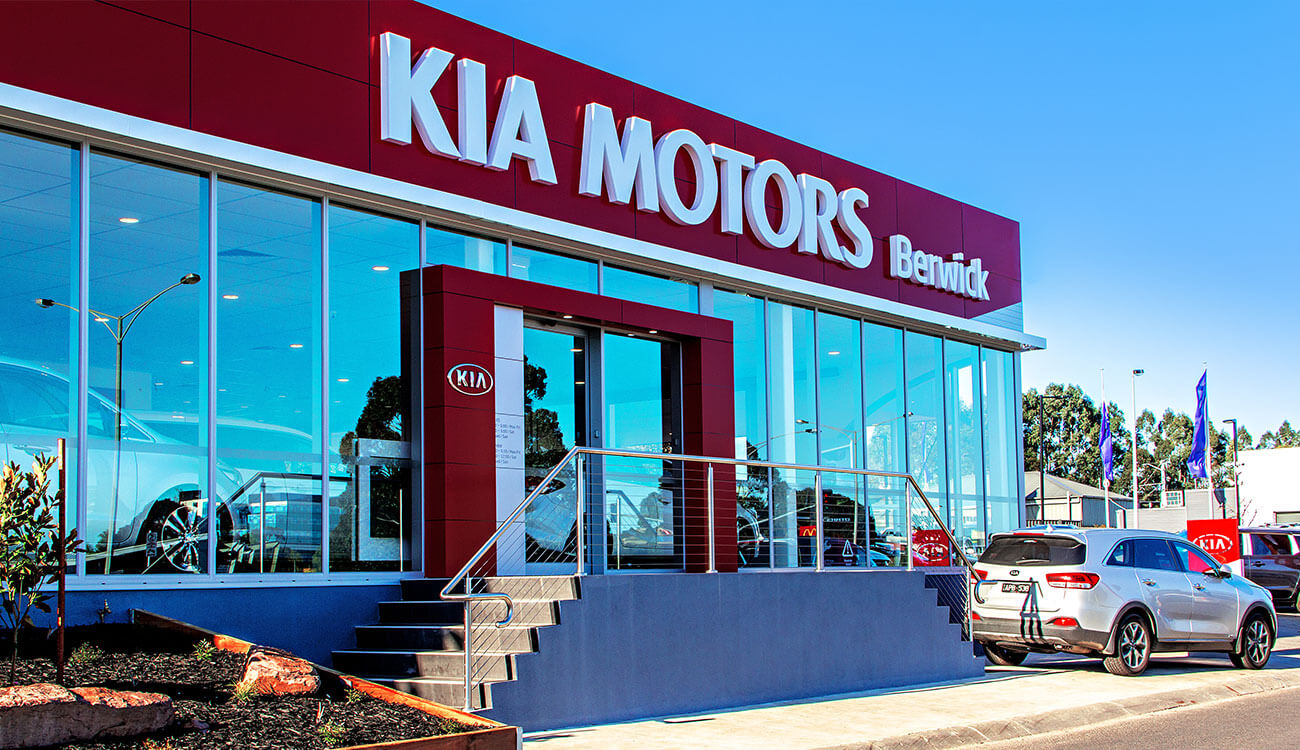
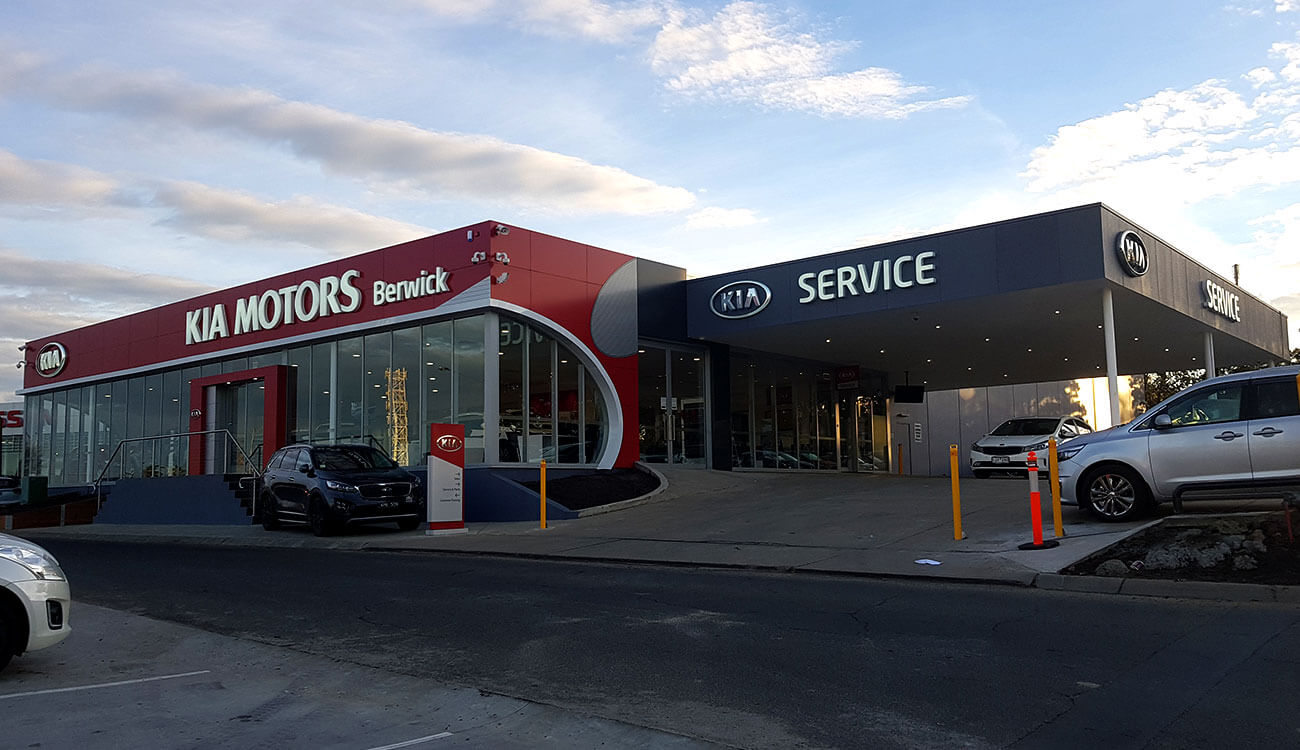
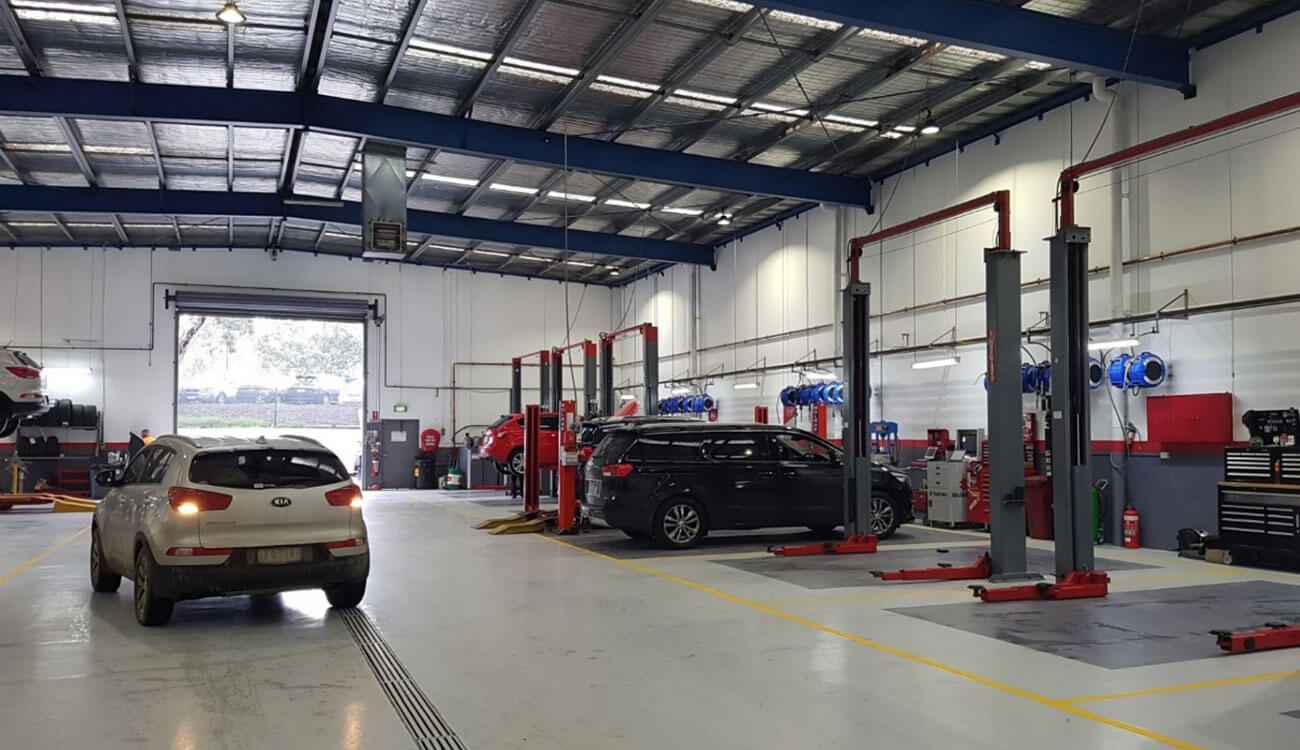
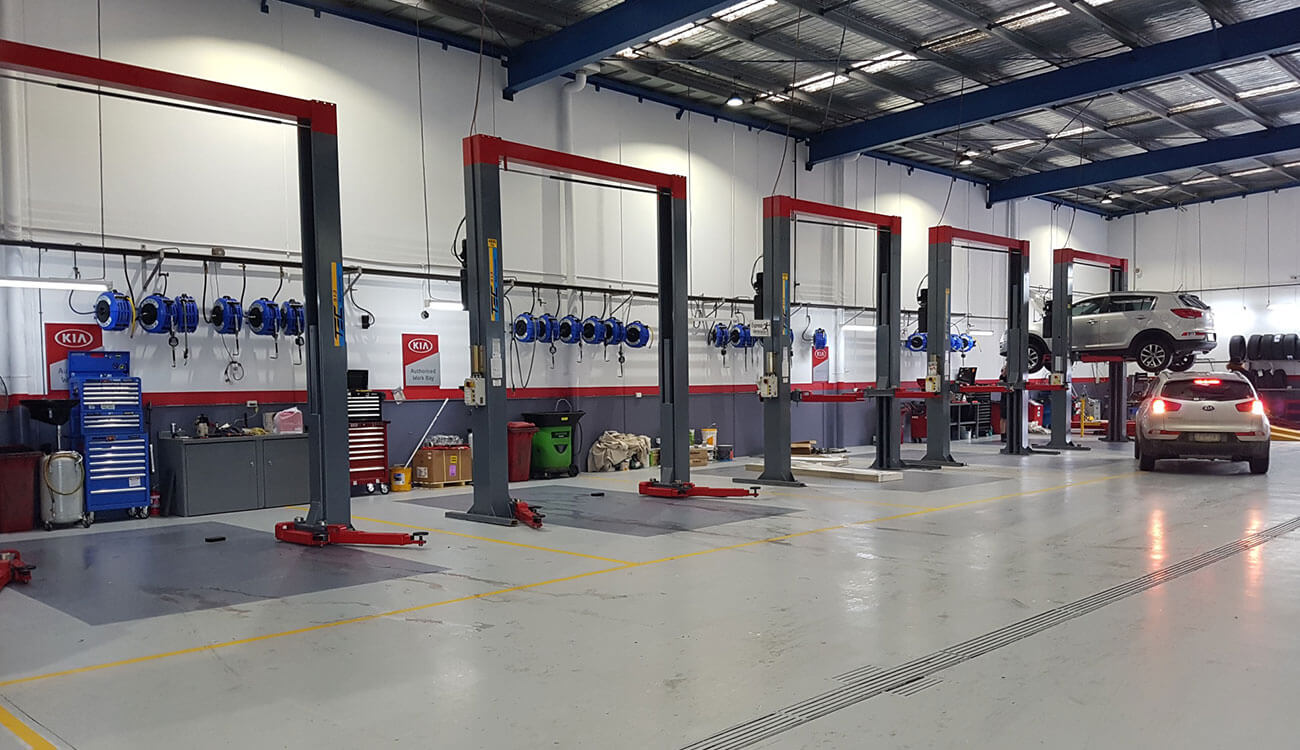
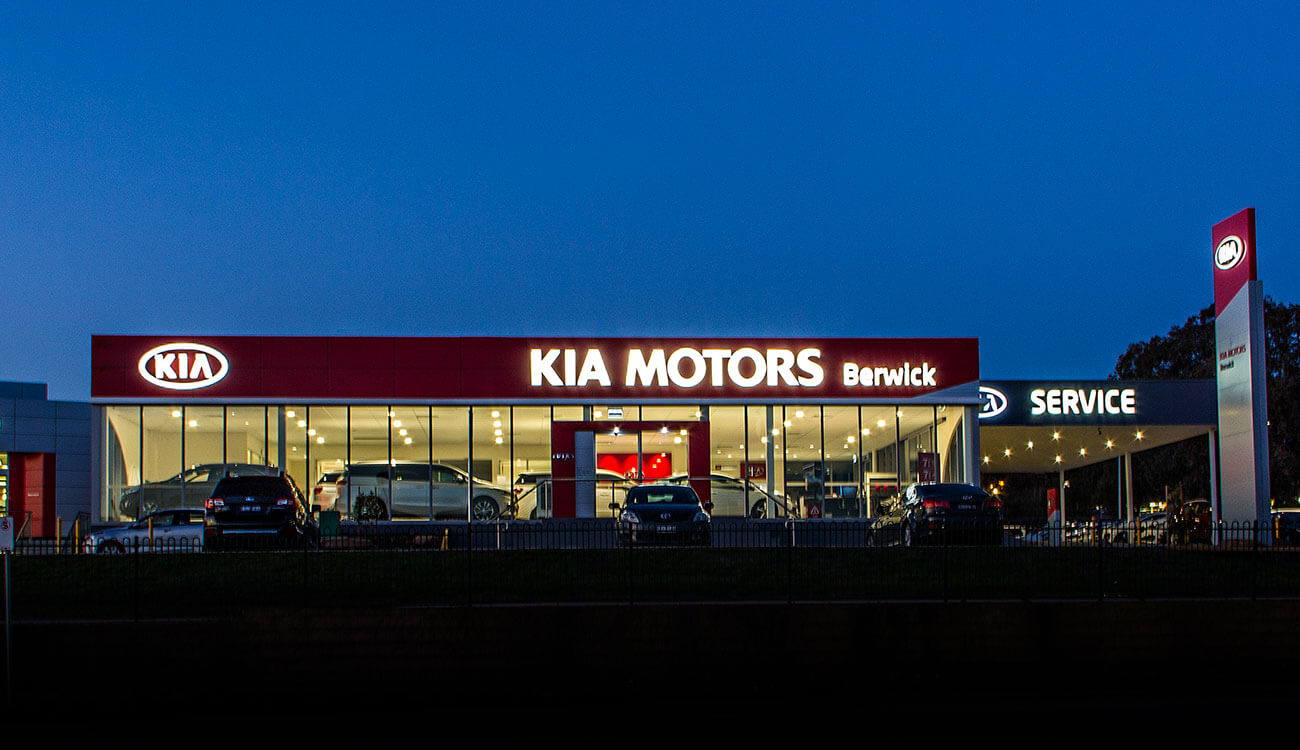

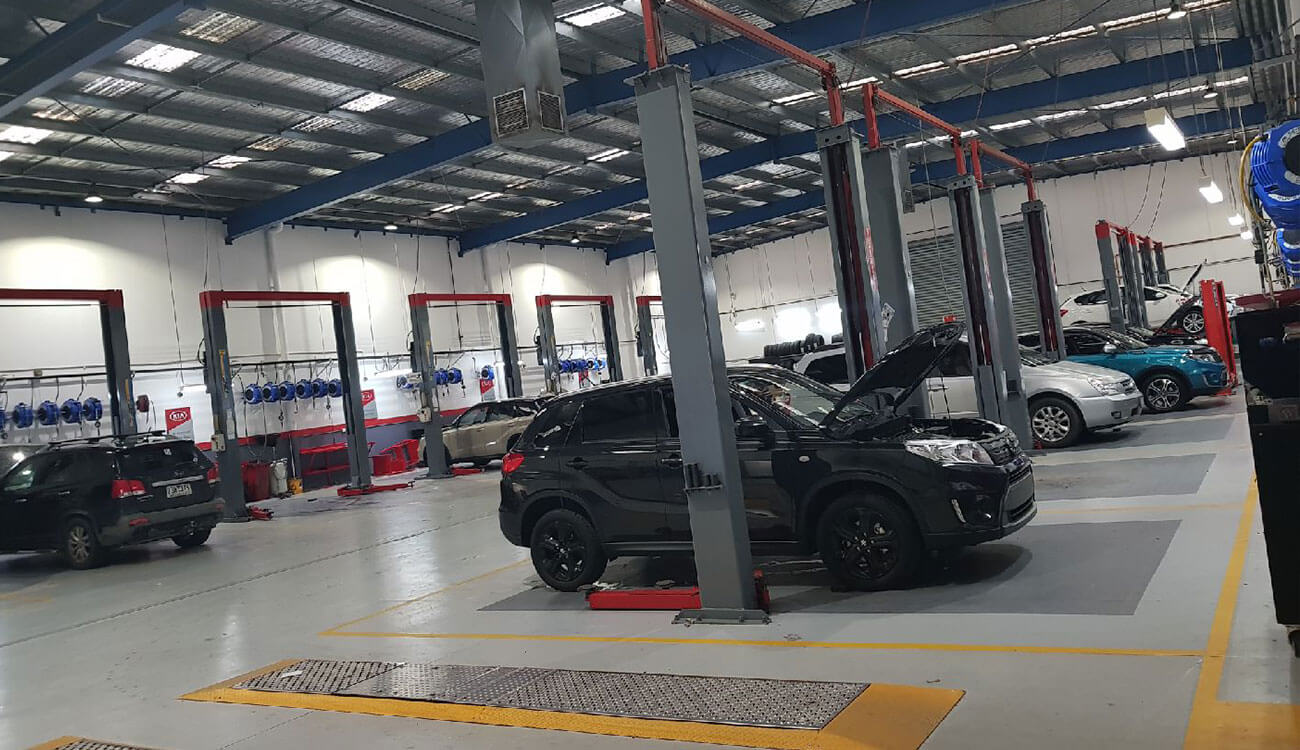
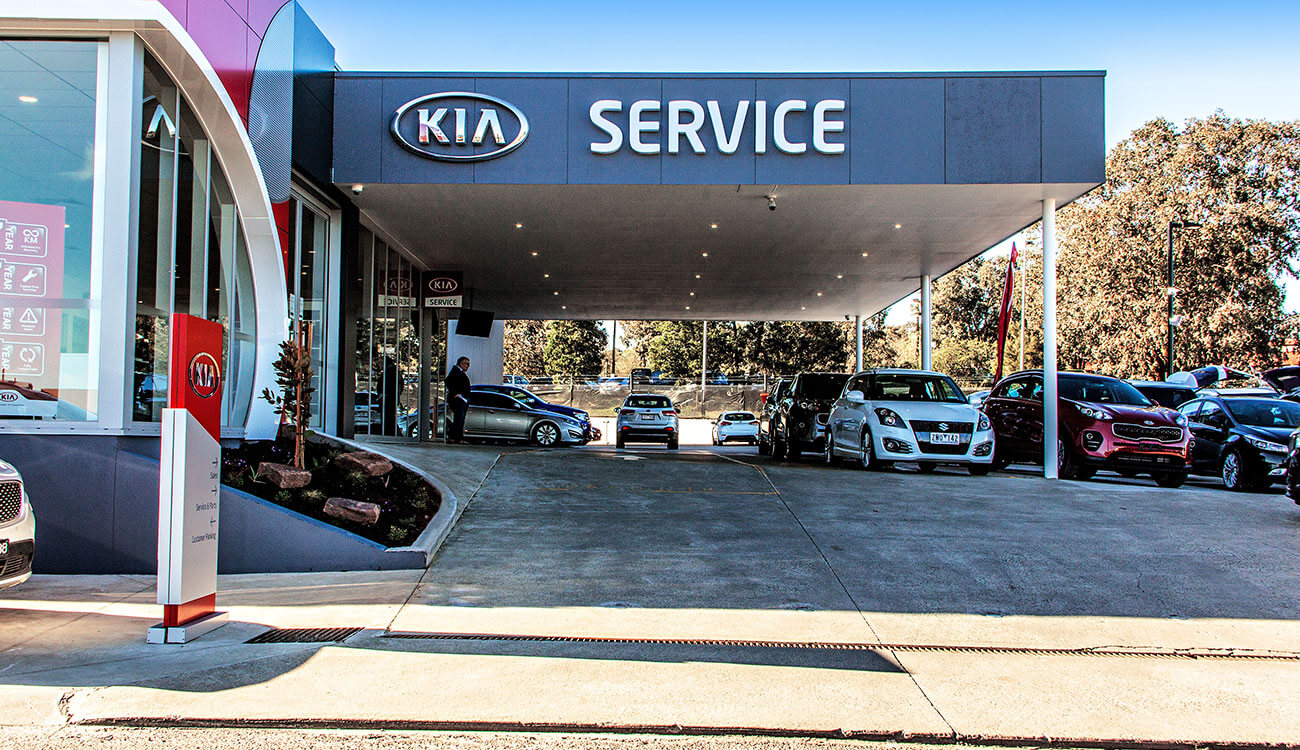
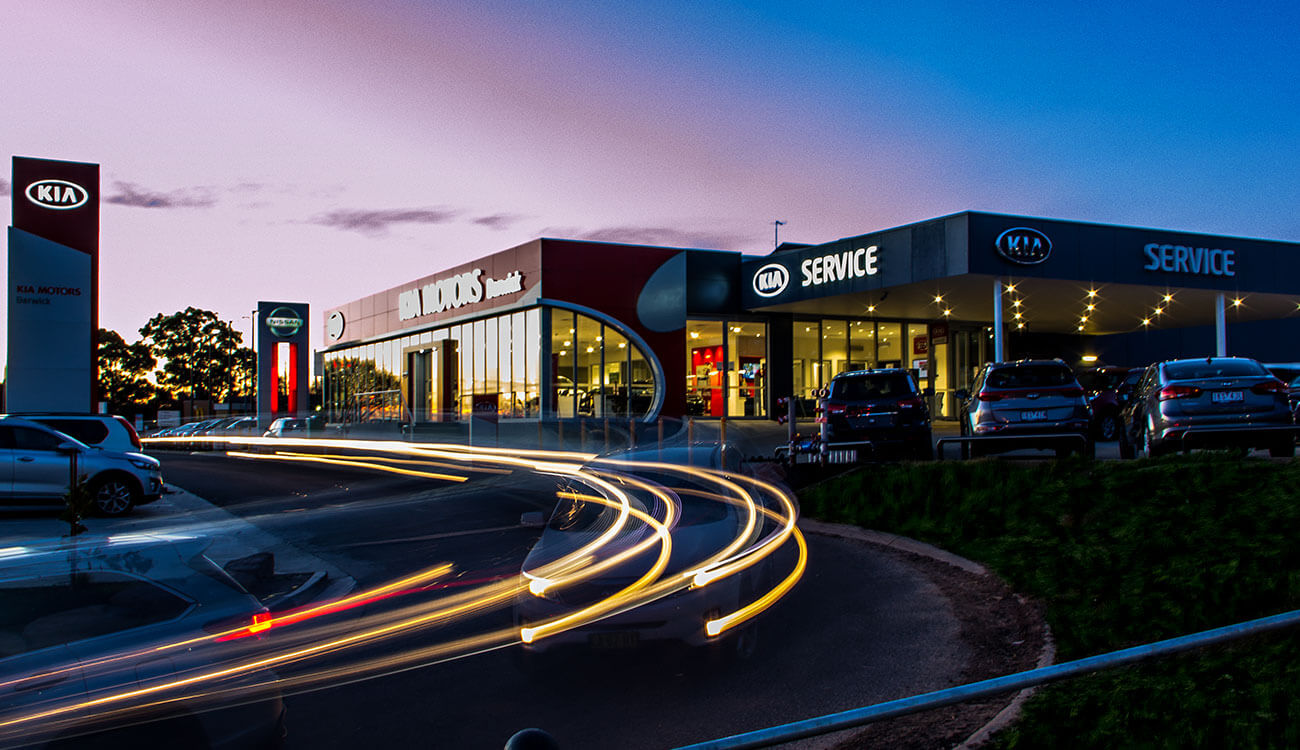

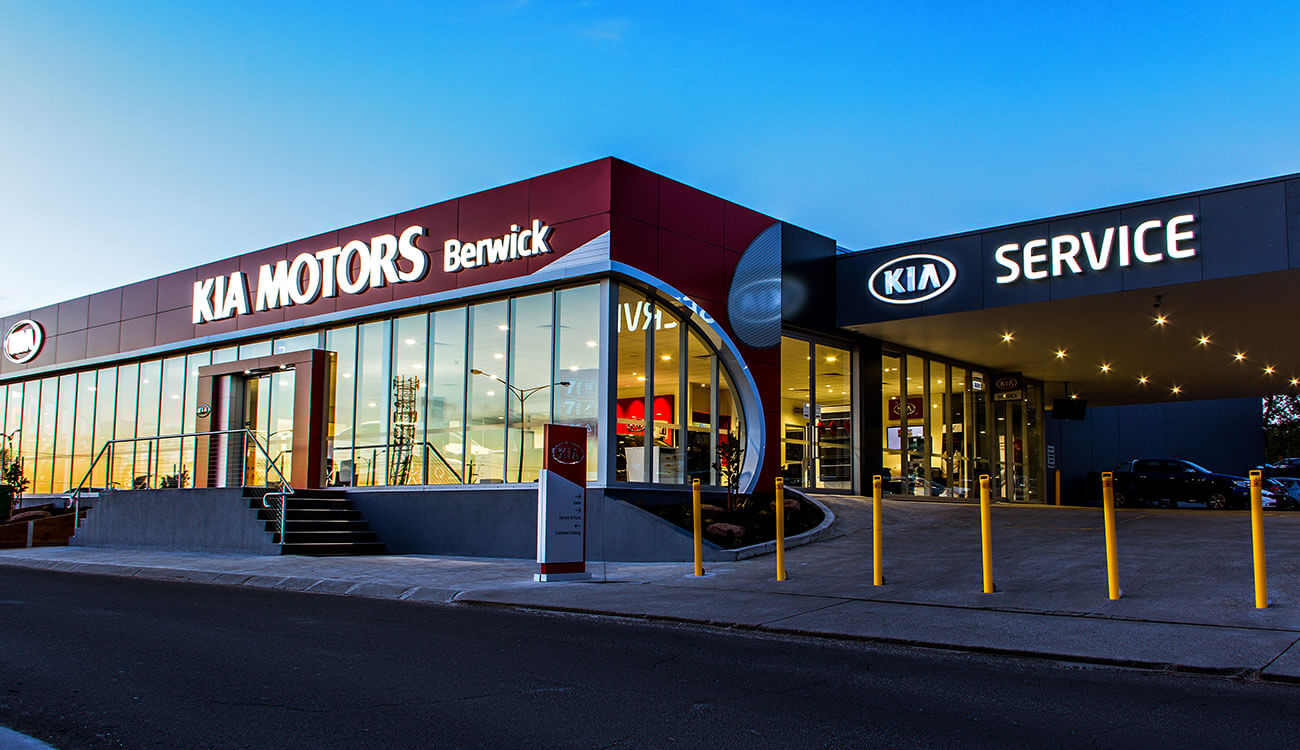











 Read More: Related articles
Read More: Related articles

